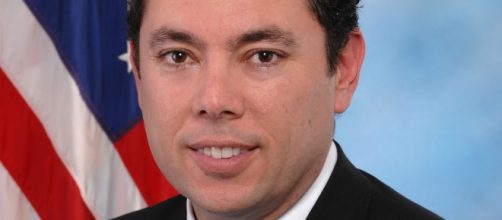The good news for democrats is that a special election scheduled for November 7th represents the next opportunity for them to finally win an election and take a House seat from Republicans. The bad news is that the odds of that happening are roughly the same as Newt Gingrich superseding Jeffrey Zucker as president of CNN Worldwide. A Democrat hasn’t held Utah’s Third District seat since 1997 and Bill Orton was the only Democrat to do so since Utah’s third was created in 1980. The seat is being vacated by Republican Jason Chaffetz, who announced his resignation on May 19, and will join Fox News after he exits Congress on June 30.
Crowded field narrows Aug. 15
It might seem that with 15 Republicans, 4 Democrats, 2 Independent American Party members and 1 Libertarian competing for the seat, it’s definitely up for grabs. However, Democrats in Utah are about as scarce as elk grazing on sea oats along Miami Beach. A primary tentative election scheduled for August 15 will make it a horse race between a Democrat and Republican. The winner of this race will join Congress as Utah’s newest representative on January 3, 2018.
Democrats may face shellacking
Democrats have taken a post-Trump era beating in special elections, but Utah’s voters may swing the biggest club of all. In 2012, Mitt Romney destroyed Barack Obama 78 to 20 in Utah and less- popular John McCain won the state 68 to 30 in 2008.
Things don’t look any better for Democrats in District 3, a region with a heavily Mormon heritage. There is one rationale for a democratic win since Utah’s third has the lowest median age (28.4) of any district. To boot, millennials are increasing their influence in Utah with a birth rate of 3.4, significantly higher than the 2.2 national average.
However, Democrats were recently jilted by millennials when they failed to show up in numbers large enough to put young Jon Osshoff over-the-top against veteran Republican Karen Handel in Georgia’s sixth district. While Democrats have chopped and diced America’s cultures, genders, races and ethnic groups for political gain, they’ve never really got around granting Mormons victim status, something they may come to regret as the party pours good money after bad into the Democratic candidate’s campaign coffer.
While some may associate Utah’s deserts with John Ford westerns or Coyote and Road Runner cartoons, the city of Provo is home to Brigham Young University, a strong supporter of the Church of Jesus Christ of Latter-Day Saints, and the largest religious university in the United States. Most BYU students are Mormons, which is not an optimal student body for Democrats who steadfastly oppose vouchers and other forms of government funding for private schools.


